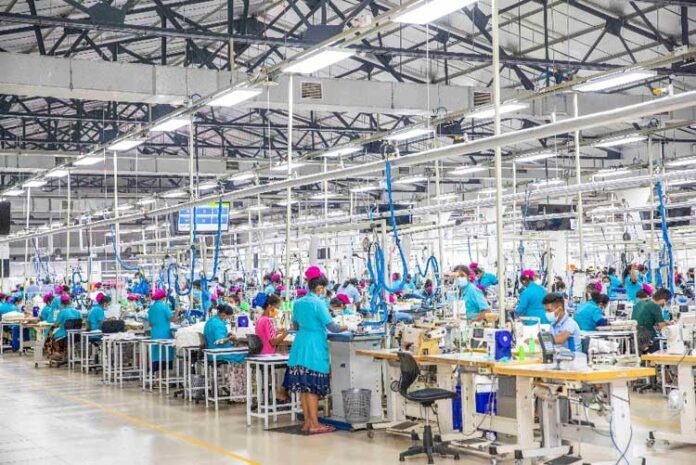By: Staff Writer
June 15, Colombo (LNW): Sri Lanka’s apparel sector is gaining new momentum through a renewed focus on social compliance, highlighted by a recently concluded GTEX Workshop held in Colombo.
Organized by the International Trade Centre (ITC) with support from the Swiss Embassy, the full-day event at the Galle Face Hotel aimed to equip the country’s apparel exporters with the knowledge and tools needed to meet evolving global compliance standards.
The workshop was held under the Global Textiles and Clothing Programme (GTEX II), which is funded by Switzerland’s State Secretariat for Economic Affairs (SECO) and the Swedish International Development Cooperation Agency (SIDA), in partnership with the Export Development Board (EDB) and ITC.
Bringing together top apparel exporters, compliance professionals, and policymakers, the event focused on enhancing the industry’s understanding of global regulatory frameworks and offered actionable strategies to boost social compliance performance.
Key industry representatives, including ITC’s Head of Textiles Matthias Knappe, Swiss Embassy Deputy Head Olivier Praz, EDB Chairman Mangala Wijesinghe, and Joint Apparel Association Forum (JAAF) Secretary General Yohan Lawrence, emphasized the vital role of compliance in maintaining global market competitiveness.
Despite the global challenges and crises impacting Sri Lanka’s traditional markets, the country’s apparel exports recorded $4.7 billion in 2023, marking a 5% increase from the previous year — although still falling short of the $5.3 billion achieved in 2019.
The workshop featured an in-depth presentation on global compliance trends by ITC’s Social Compliance Lead Eranthi Premaratne, covering international frameworks such as the Social & Labor Convergence Program (SLCP), Worldwide Responsible Accredited Production (WRAP), and the Ethical Trading Initiative (ETI).
Case studies from industry leaders MAS Holdings and Brandix Apparel highlighted local success stories in integrating sustainability and social responsibility into business practices. An interactive session led by the Centre for Lean Excellence allowed participants to collaboratively address recurring factory-level compliance issues.
Participants also benefited from a hands-on training on compliance management systems, aimed at strengthening internal audit processes and supplier monitoring. ITC GTEX’s Navya Wijewickrema introduced the Global Textile Academy, which offers digital learning tools for continuous upskilling in compliance.
In their closing remarks, Knappe and GTEX SL National Project Coordinator Roshan Peries reaffirmed ITC’s ongoing support for Sri Lanka’s apparel exporters in meeting international standards while promoting inclusive growth and decent working conditions.
The event served as a crucial step toward reinforcing Sri Lanka’s reputation as a socially responsible and ethical manufacturing hub. To remain competitive, the country must invest in workforce upskilling, adopt advanced technologies including AI, and secure strategic free trade agreements.
While regional rivals like Bangladesh and Vietnam are advancing rapidly, Sri Lanka retains a competitive edge due to its strong track record in ethical manufacturing, sustainability, and governance — attributes increasingly valued by global buyers.

